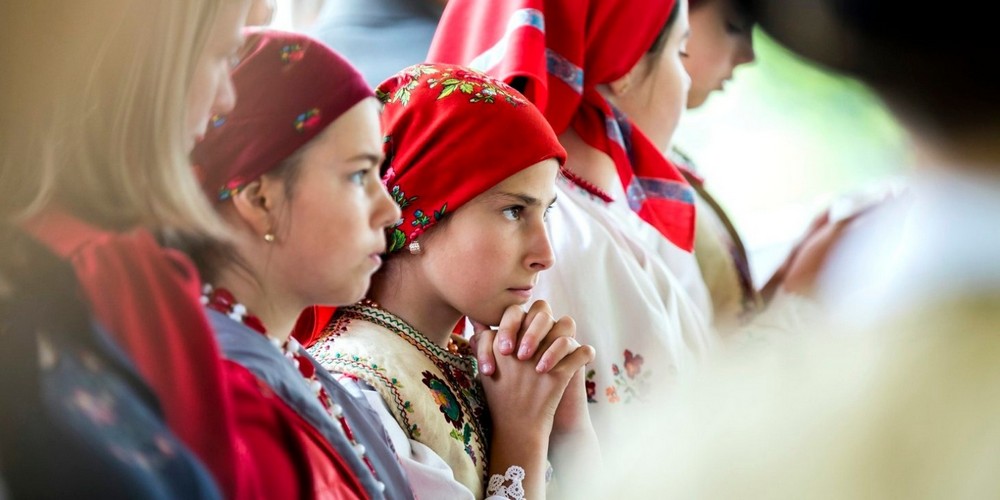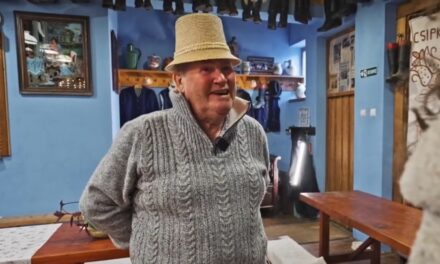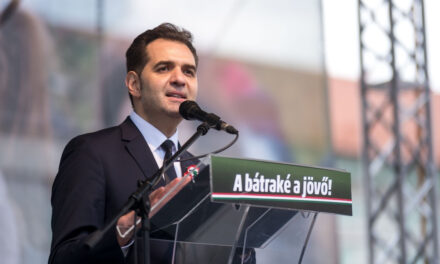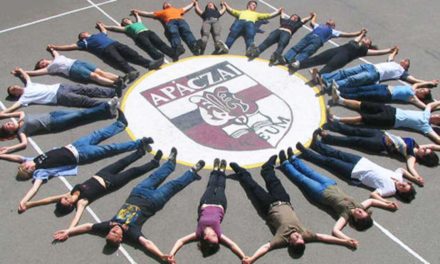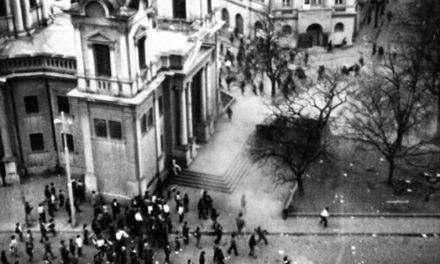According to Katalin Szili, enormous progress has been made in the past 3-4 years in strengthening the identity of the Hungarians of Csangóföld and in keeping the community in their homeland. The prime minister's representative made the statement to MTI on Wednesday after participating in a three-day visit to Csángóföld as a member of the supervisory board of the Moldavian Csángó Hungarians Association (MCSMSZ).
Katalin Szili said: together with László Pogár, the president of the MCSMSZ, and Péter Edvi, the chairman of the supervisory board of the MCSMSZ, they reached 15 Moldovan villages in three days, visited newly built or renovated Hungarian houses and educational sites, together with about a hundred teachers and MCSMSZ delegates, met with his employees.
He stated: during the visit, they got a good cross-section of how identity preservation and identity confirmation work is going on. He added that there are 63 settlements in Csángóföld where people of the Roman Catholic religion who still speak Hungarian live, and there are 34 settlements where the MCSMSZ has started Hungarian education. They educate nearly 2,000 children, who are also provided with free meals every day. Katalin Szili mentioned: 22 Hungarian houses and dormitories have been built or renovated, in which it is now possible to deal with children in 21st century conditions. He saw smart signs and modern equipment everywhere.
"Enormous community building is taking place in Csángóföld. Within this, education, music education, preservation of traditions, which are particularly typical, and there is still a lot of work that they want to do in the next period. The support that MCSMSZ received from the Hungarian government worked wonders"
- stated the prime minister's agent.
Katalin Szili mentioned: in addition to educational programs, summer camps and traditional events are organized in Csángóföld, and the Hungarian mass held once a month in Báko is attended by an average of 3-400 Hungarians. He believed that these all indicate that the Csangó-Hungarian community in Moldova has found itself and has strengthened its identity. He noted: his interlocutors reported that in the census they declared themselves to be Hungarian speakers and of Hungarian nationality.
The prime minister's agent believed that the MCSMSZ and the community had already become strong enough to keep the program sustainable. He added that the MCSMSZ would like to include more settlements in the Hungarian education program in Moldova, but accepted with understanding that the upswing of the past three years cannot be continued at the same pace due to the current economic conditions. He also noted that he had not heard a single word of complaint from the teachers working in the Moldovan education program. "They do their work with faith and devotion, because they know that a community is being saved here," he stated.
MTI
Cover image: Photo: MTI/Balázs Mohai

